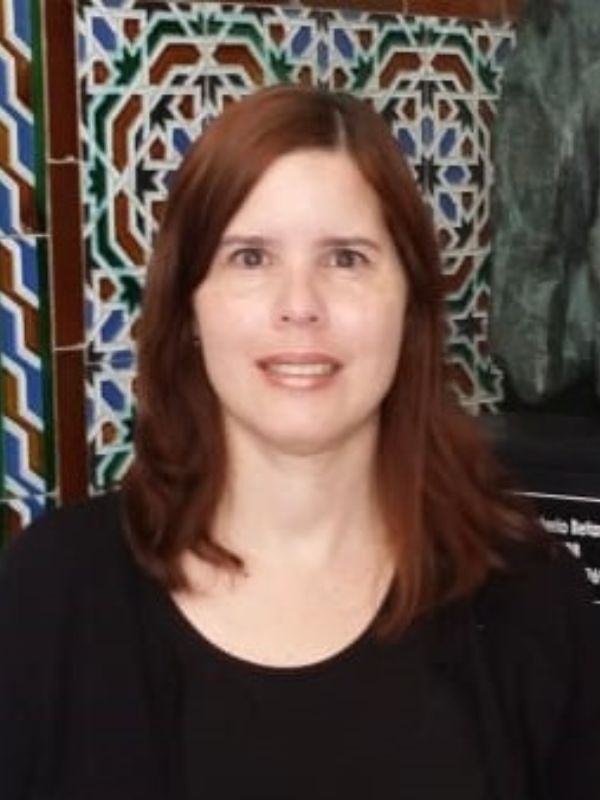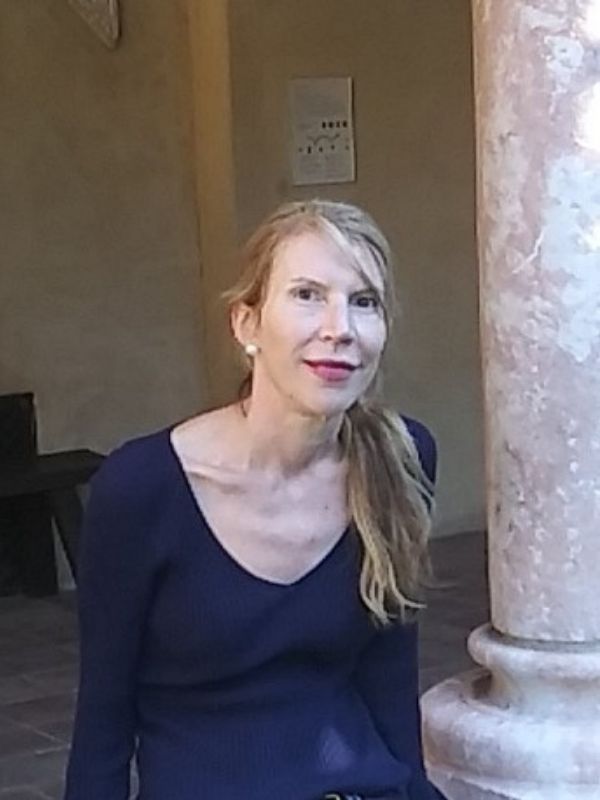
Amaly Santiago, PhD. (Photo courtesy of Dr. Santiago)
USF College of Arts and Sciences Department of Communication PhD alumna Dr. Amaly Santiago and Associate Professor Dr. Mariaelena Bartesaghi explored how advice literature written by corporate women for women readers looking to rise in the corporate ranks reinforces gendered stereotypes.
Dr. Amaly Santiago and Associate Professor Dr. Mariaelena Bartesaghi explored how advice literature written by corporate women for women readers looking to rise in the corporate ranks reinforces gendered stereotypes.
Their research, “‘It’s not enough to hold that power’: The gendering of advice in corporate discourse,” has been published in Advance Women in Leadership Journal.
In the qualitative study they utilized discourse analysis to examine how self-help advice books constructed advice for women working in corporate fields to become “effective or better” leaders.
“Though advice discourse claims to deconstruct stereotypes so as to allow women to advance, what it actually does is to make the stereotypes more entrenched,” Bartesaghi said.
Some of their analysis included notating the choices of pronouns by the authors.
“Most of the advice is asking women to change their behaviors, to be more aggressive or ‘act like a man’ when they cannot assert their own femininity because it’s not seen as being an effective leader,” Santiago said. “We identified those common phrases in the advice.”
They found that while the authors claimed to speak from shared experiences with their readers, they created a sense of separateness and hierarchy with respect to the women they advised.
“[The authors] are able to position themselves as authorities in the asymmetry of knowledge with readers,” Bartesaghi said. “They are saying that ‘we are part of the same struggle,’ but at the same time, ‘I am different from you.’ Advice is predicated on a power imbalance and reinforces it.”

Mariaelena Bartesaghi, PhD. (Photo courtesy of Dr. Bartesaghi)
Bartesaghi explained that advice implicates specific courses of action on the reader’s part, and is, therefore, materially consequential to the readers’ identities as organizational members and as women.
“By looking at the micro strategies such as pronominal choice or metaphors, which seems to just be grammatical or stylistic, we find [the authors] are instituting identity categories for readers to occupy, thus reproducing particular narratives of women as intrinsically inadequate,” Bartesaghi said.
As a former project manager who worked for 14 years in the corporate field, Santiago said she was interested in this research to examine the “asymmetries” in leadership.
“When I started reading these types of books, I identified with their stories,” she said. “I wanted to create some awareness about what women are being advised to do in organizations.”
Santiago said these books, in an overall sense, were reinforcing the “inability” of women to be leaders.
“In order for advice to work, the women readers have to be put in a position of needing advice. Inasmuch as help is based on differential access to knowledge, advice to women functions by reinforcing gender limitations, which in turn necessitate additional advice, “Bartesaghi said. “So, in order for advice to help, women must, in effect, occupy a position of helplessness.”
“The ideas that we have as society about gender are created in communication and advice is a powerful vehicle for us to see that because the advice giver has to construct the identity of the woman as someone who cannot be a leader as is,” Bartesaghi said.
This inability is also reinforced in other ways, such as in special workshops and courses designed specifically for women, which she says casts women as “different and helpless.”
Identifying this as an issue is one of the first ways to overcome this underpinning, Santiago said.
“It is on us as women to try and move forward from this advice and reinforcement of inability,” Santiago added.
Bartesaghi agrees that awareness is a key first step.
“To notice that certain things are being done by these books that you would otherwise not know,” she said. “[To notice] the fact that gender is a communicative accomplishment, and that advice is a dynamic of power that will render readers of these texts more aware, and therefore more critical, and to not internalize the limitations communicated in these texts,” Bartesaghi said.
